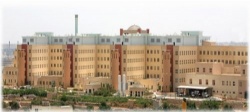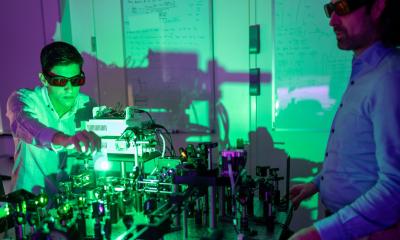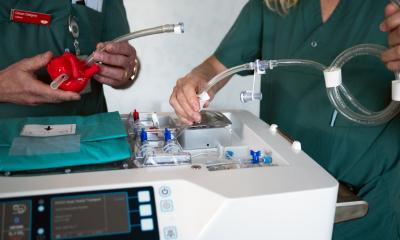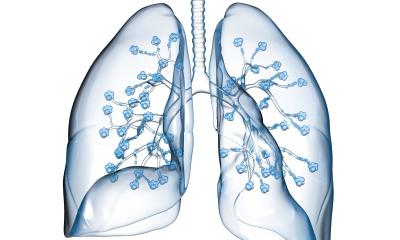Human organ donations
Maltese acceptance is notably high
You often need the vision of a hypermetropic eagle to find Malta on the world map – even its name fills more space than the representation of the island itself. And yet, in the Eurobarometer 2010 survey, among the recent European Union Member States, the Maltese showed an unusually high level of consent (72%) to organ donation and 77% are willing to donate their own organs, making us a beacon in southern Europe, Moira Mizzi reports.

The therapeutic use of human body parts, including the donation and transplantation of organs, is a process by which an individual wilfully and generously donates an organ or tissues to another individual without expecting any financial or other gain, thus giving that person an opportunity to live a healthy life. In living donation, the donor donates an organ (usually a kidney) to a member of the same family, or even a complete stranger, although the latter is not frequently performed in Malta. In deceased donation, the organ donor is a patient admitted to Intensive Care suffering a severe catastrophic brain event that eventually leads to brain death (as certified by the ITU team and neurologists according to established clinical criteria). These cadaveric donors are typically victims of road traffic accidents, a fall from heights and brain haemorrhages.
Organ transplantation has been successful in treating serious health conditions since 1954; in fact, it is now the most cost-effective treatment for end-stage renal failure and the only available treatment for end-stage failure of organs such as the heart, lungs and liver.
Locally, we perform about 30 pmp kidney transplants annually, half from living donors and the other half from cadaveric donors. Non-heart beating organ donations are not carried out in Malta. The Intensive Care Unit at Mater Dei Hospital treats around 1,100 patients per year and has an average mortality of 18-20%. The deceased organ donation rate is 22.5 pmp/year, which is above the EU average of 18 pmp.
The Maltese attitude to organ donation is very positive: it is perceived as a noble act of altruism and generosity to help those in need, and is something positive that comes out of the death of a loved one. Malta has a donor card system, but final consent for deceased organ donation is given by next of kin. In fact, the consent form gives the choice to select only certain organs to be donated. The same selflessness is manifested on the part of live donors, with relatives and friends of the chronically ill showing a remarkable willingness to donate their kidneys to improve another’s life.
After consent for donation, the donor and his or her organs are characterised using questionnaires about the donor’s lifestyle, as well as relevant blood and radiological investigations. Tissue typing to match the donor to the appropriate recipient is usually done abroad. In Malta, a kidney transplant programme is provided by a team of three local transplant surgeons. Additionally, we have performed a number of heart transplants, as well as corneal transplants (the latter considered tissue transplantation, as the cornea is not a complete organ). All other donated organs that are not transplantable for patients in Malta are offered to other countries. In fact, since we do not have a liver transplant programme, Livers are usually sent abroad, particularly to Italy, while all Maltese patients requiring a liver transplant receive treatment in the United Kingdom.
In Malta, organ donation and transplantation activities are based in the same acute general hospital, Mater Dei Hospital, thus providing more visibility in the management of organ donations and transplants, although it can create a problem with anonymity.
No words can describe feelings when someone dear is lost, especially if suddenly and of relatively young age. And yet, in the midst of such tragedy, many families still find the strength to think of others in need and donate something precious to them, to renew a life and prevent another family from losing someone. Ironically, in such selflessness many families find peace and healing.
It would be wise to think of the life we could leave behind when the bell also tolls for us. Likewise, we would be making the decision ourselves, thus making this easier for our loved ones and also leaving behind a legacy of love, selflessness and hope.
Special thanks to D.Carmel Abela MD and Tony Bugeja, from the ITU Department at Mater Dei Hospital for their help in the preparation of this article
19.04.2011





